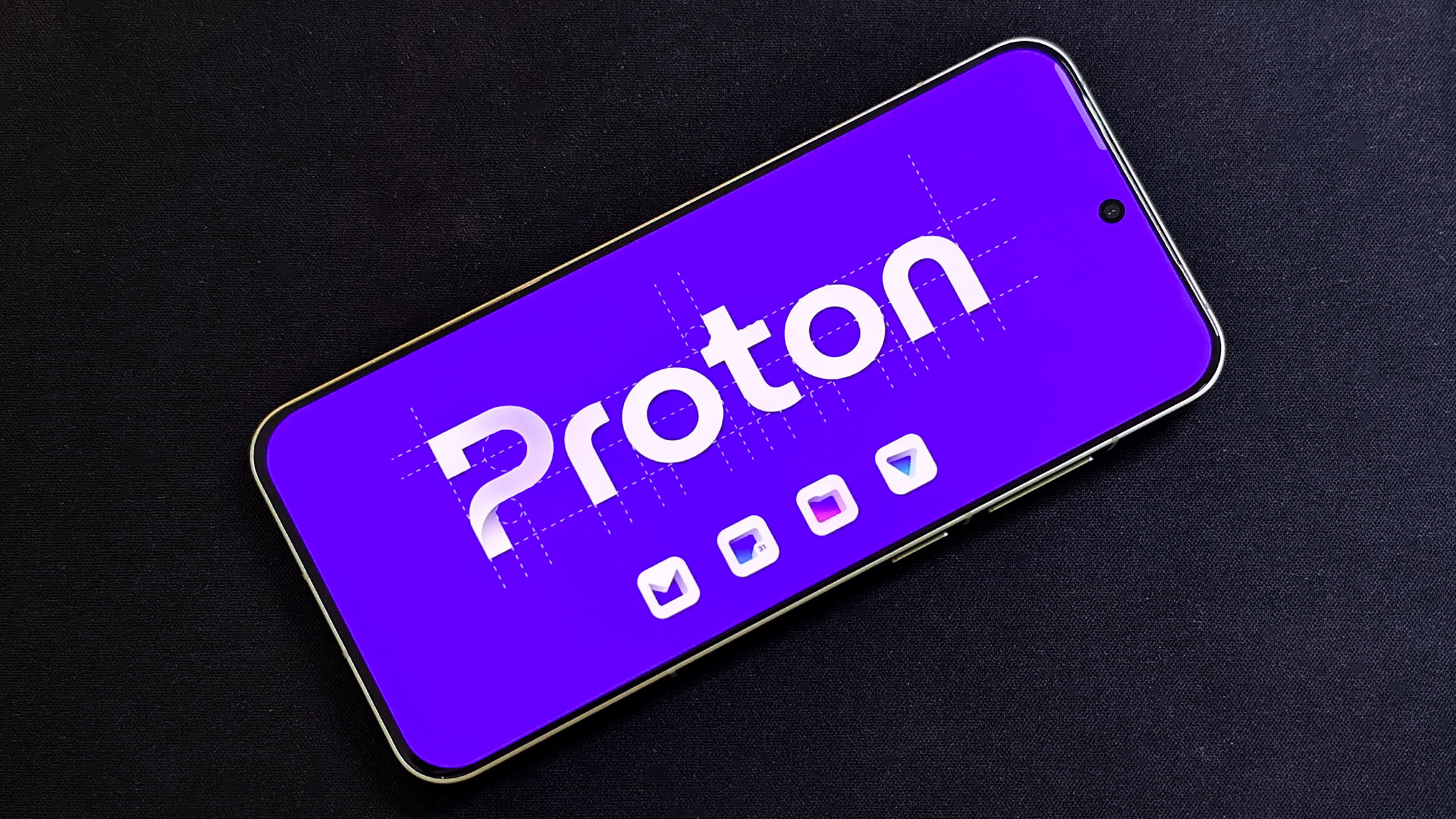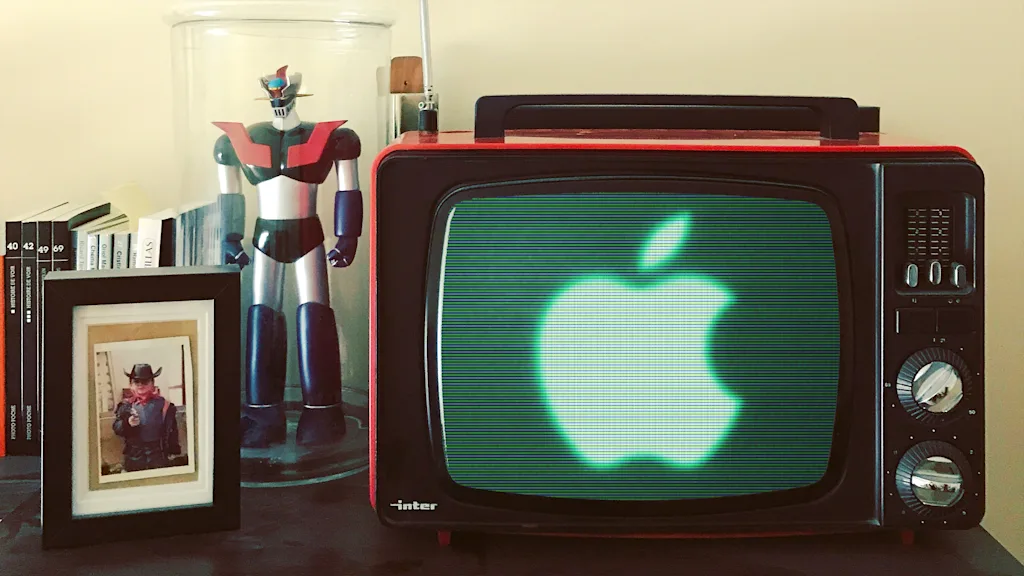Should Apple open up its wallet?
Apple’s annual developers conference has usually been a must-watch event for what it revealed about the iPhone giant’s plans.
But this year’s event has been more notable for what it didn’t focus on: advancements in artificial intelligence tools. For skeptics, it only underscores Apple’s weakness in the fast-growing technology, and raises the question of whether the company needs to follow rivals like Meta and make a splashy purchase to keep up.
This year’s Worldwide Developers Conference so far is light on A.I. tools, as Apple focused more on new designs for iPhone and Mac software.
Yes, users will soon have access to live translations of text messages and visual search and shop features. But that’s a far cry from the big promises that Apple made last year — many of which remain unfulfilled — let alone what competitors have since introduced. Google announced an A.I. search feature that works like a chatbot; Amazon showed off an Alexa that can help book concert tickets.
Apple has played catch-up before, but analysts are worried. “The big risk is that you could have users go to ChatGPT or some other product that consumers become dependent on,” Carolina Milanesi, principal analyst with the research firm Creative Strategies, told The Times.
Rivals are being much more aggressive. The latest example: Meta is creating a research lab to pursue “superintelligence,” hypothetical A.I. technology that surpasses the human brain’s abilities. To help bolster that effort, Facebook’s parent company is planning to invest billions into Scale AI, which helps customers train their A.I. systems, and have Alexandr Wang, the start-up’s C.E.O., join the lab.
More broadly, Mark Zuckerberg, Meta’s chief, is getting deeply involved in A.I. recruiting, Bloomberg reports: He’s helping compile potential hiring leads, and is personally pitching contenders. (His pitch: His company’s vast ad business makes it more financially stable employer than start-ups that have to constantly raise billions to compete.)
As for Apple … The company’s current strategy revolves around partnering with the likes of OpenAI, but many observers have worried that isn’t enough.
Analysts and investors have questioned whether Apple should buy a major A.I. start-up, like a large language model maker or the search provider Perplexity.
But integrating that business could be hard. And Apple would also have to catch up on expensive resources like new data centers and scarce necessities like top-end Nvidia chips.
In other words, buying to catch up might help. But it’s not necessarily enough.
HERE’S WHAT’S HAPPENING
The Trump administration is sending 700 Marines to Los Angeles. That’s even as there seemed to be fewer clashes yesterday than the day before between protesters against President Trump’s immigration crackdown and the police. (That said, Waymo has limited service in parts of San Francisco after its robot taxis were affected in some instances.) Gov. Gavin Newsom of California has sued the administration over troop deployments; Trump has suggested the governor should be arrested.
Senate Republicans eye deeper cuts to Medicaid in the domestic policy megabill. Some lawmakers are looking to extract more savings from the program, as well as from deductions for state and local taxes that were key to the legislation passing the House. Complicating Republicans’ plans, House lawmakers may need to amend contentious provisions to meet strict reconciliation rules to pass the bill in the Senate, Politico reports.
Robert F. Kennedy Jr. fires C.D.C. vaccine experts. The health secretary said the move to oust all 17 members from an immunization advisory committee would restore public trust in vaccines. (He wrongly said most panel members had received substantial funding from the pharmaceutical industry.) The move has alarmed public health experts and some lawmakers and risks upending how insurance companies cover vaccinations.
Deal or no deal?
Day 2 of the China-U.S. trade talks kicked off today in London. The main sticking points include an easing of American restrictions on some chips and Chinese limits on rare earth exports.
Here’s where the two sides could make concessions:
-
President Trump authorized the U.S. team, led by Treasury Secretary Scott Bessent, to waive recent restrictions on key exports to China, such as jet engines, chip-making software and ethane for plastics production, according to The Wall Street Journal.
-
Kevin Hassett, the director of the National Economic Council, told CNBC yesterday that easing export controls on semiconductors was a possibility, but added that “the very, very high-end Nvidia stuff” was off the table.
-
In return, Washington is pressing Beijing to restore the flow of critical minerals and heat-resistant magnets. An agreement on that means “we can go back to negotiating smaller matters,” Hassett said.
Investors don’t seem optimistic. S&P 500 futures point to a lackluster open today, and the Hang Seng Index in Hong Kong fell. Trump himself admitted that reaching a substantive agreement would be difficult. “China is not easy,” he said yesterday, adding that his objective was to “open up China.”
That said, the S&P 500 has rallied roughly 6 percent since the two sides held talks last month. That round of discussions led to lower tariffs for 90 days. Investors may want to see more substantive details this time.
What to watch: Bessent is set to testify on Capitol Hill tomorrow and Thursday and will probably be grilled on what — if anything — was gained in the talks.
Tesla at a crossroads
Tesla’s shares were up in premarket trading today. But some Wall Street analysts are starting to sour on the company’s outlook, partly over concern about blowback from Elon Musk’s feud with President Trump.
That’s putting extra pressure on Tesla’s robotaxis, which are expected to start a pilot program this week, Danielle Kaye writes.
More downgrades signal mounting concern. Analysts at Baird lowered Tesla’s rating to “neutral,” calling Musk’s comments about the self-driving business “a bit too optimistic.” They also noted that the Musk-Trump fight had “added considerable uncertainty.”
Argus analysts, led by Bill Selesky, lowered their 12-month rating to “hold.” In a research note, Selesky wrote, “The amount of political baggage associated with the brand and Musk is preventing the stock from trading on fundamentals.”
The notes come after Goldman Sachs analysts last week lowered their Tesla stock price target.
All eyes are on Tesla’s robotaxi debut, which is planned for Austin, Texas, on Thursday amid high expectations. “Without it, you just have a very expensive car company,” Steve Sosnick, the chief strategist at Interactive Brokers, told DealBook.
The robotaxi business probably won’t meet lofty expectations, Baird analysts cautioned. But Sosnick said that “if it delivers in a way that allows people to keep dreaming about a robotaxi-led future for Tesla, then the positive vibes will continue.”
The rollout is “an optics thing,” Gautam Mukunda, an executive fellow at the Yale School of Management, told DealBook. Mukunda predicted that Musk would go to great lengths to make it look like the launch went well. Reuters reported last week that the company was trying to prevent Austin from handing over records about the launch.
A big question is whether Trump might retaliate against Tesla. That could include by imposing, say, regulatory limits that hamstring its self-driving efforts.
“But even there,” Mukunda said, “you could easily imagine investors telling themselves a story that in three years from now, this will change, and we just have to ride it out.”
“This whole episode is a reminder that the opportunity for insider trading by members of Congress is very real, very toxic and needs to be eliminated.”
— Representative Seth Magaziner, a Rhode Island Democrat who is pushing to restrict trading among lawmakers, on colleagues for actively buying and selling stocks after President Trump’s “Liberation Day” announcement on tariffs.
Splitting up is the thing to do
Warner Bros. Discovery yesterday officially joined the club of media giants rethinking their businesses with its plans to split itself into two: a streaming and studios company and a cable one.
The move — coming soon after Comcast announced a similar split — has Wall Street buzzing, Lauren Hirsch reports.
A recap:
-
The cable networks company will include CNN, TNT, TCM, Discovery, free-to-air channels in Europe and the TV rights to several U.S. sporting events.
-
The streaming business will include the movie and television studios, DC Studios and HBO, as well as the company’s film and TV libraries.
Gunnar Wiedenfels, Warner Bros. Discovery’s C.F.O., told investors that most of the company’s $37 billion in debt would be taken on by the new cable company, which will also own a minority stake in the streaming business.
Warner Bros. Discovery is also taking out a $17.5 billion short-term loan before the split to buy back some debt from bondholders. (An aside: One investor poked fun at how excited JPMorgan Chase apparently was to advise on the loan.)
The deal is an ascension of Wiedenfels, who will lead the cable business. A longtime lieutenant of the company’s C.E.O., David Zaslav, he was a key figure in a plan to improve profitability through deep cost cuts, including layoffs and shelving nearly completed projects.
Deal speculation is already heating up. Comcast has said that its TV business, Versant, will aggressively look for opportunities once it is spun off. And Skydance might also be a buyer if it can close its deal for Paramount.
Warner Bros. Discovery executives did little to quell M.&A. rumors. On an investor call, they stressed that, by the time the split closes next year, neither company would be subject to certain tax limitations that would generally inhibit them from selling.
The big question: Was the megadeal that created Warner Bros. Discovery — premised on the belief that scale was needed to compete with the likes of Netflix — a huge mistake? The company has lost roughly half of its value since it was created.
Zaslav defended the deal to analysts, saying it had “delivered substantial appreciable benefits to each aspect of our business.” He added, “Now, we’re focused on the next stage of transformation.”
THE SPEED READ
Deals
Politics, policy and regulation
Best of the rest
We’d like your feedback! Please email thoughts and suggestions to dealbook@.











